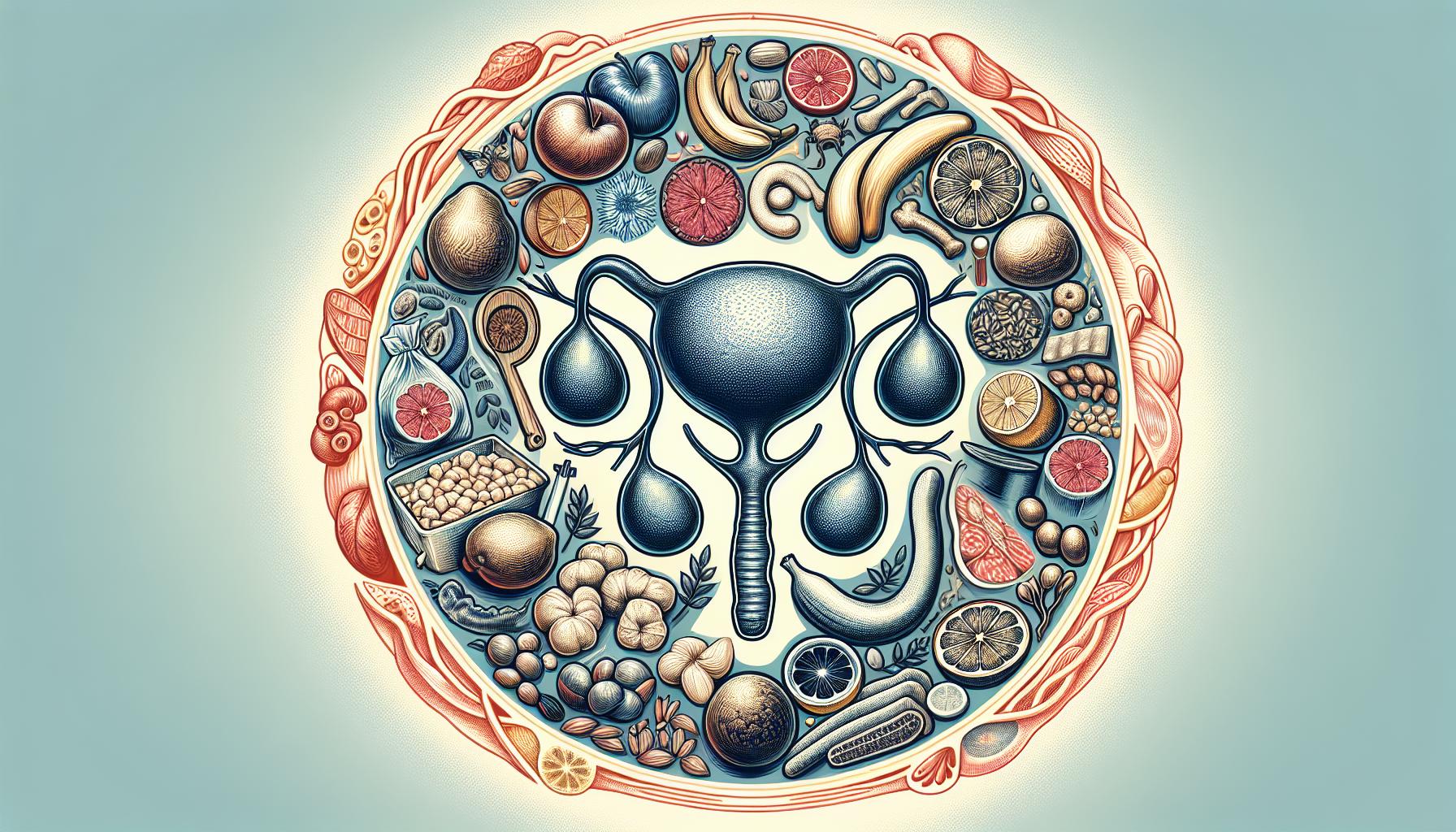Introduction: Key Foods to sidestep for Prostate Health
“Prostate Cancer and Diet: What Should You Avoid?” This is a question that lingers in the minds of many, especially those diagnosed with the disease. In a nutshell, to maintain a healthy prostate and fight off prostate cancer, one must focus on a balanced, healthy diet while avoiding certain foods. The items to avoid include, but aren’t limited to, red meats, dairy products, sugar-laden foods and excessive alcohol. We will dive deeper into why these specific foods can potentially be harmful to your prostate health and explore an array of healthier alternatives.
Meander away from Red and Processed Meats
Plenty of us have a love affair with meats, be it a juicy steak, bacon for breakfast, or a classic hamburger. But when faced with a battle against prostate cancer, it’s prudent to minimize or cut off the intake of red and processed meats. Typically, these meats contain elevated levels of saturated fats which, when regularly consumed, can exacerbate the development of prostate cancer.
What’s the alternative?
While waving goodbye to red meat might seem daunting, there are myriad alternatives in the kingdom of proteins. Lean poultry, such as chicken and turkey, serves as an excellent replacement. If you’re a fan of seafood, fish such as salmon and tuna rich in Omega-3 fatty acids can also do wonders.
Dairy Products: A Debatable Dilemma
Here’s a real curveball: dairy products, cherished for their abundance of calcium, maybe another group of foods to keep at arm’s length. High dairy intake has been suggested to potentially contribute to prostate cancer risk, especially in excessive consumption.
So, what can be done?
The catch here isn’t to completely eradicate all dairy products, but rather, to moderate the intake. Opt for calcium-rich alternatives like leafy greens, almond, or soy milk and limit dairy consumption.
Steer clear of Sweets and High-Sugar Foods
Sugar, the sweet seductress of taste buds, is another downfall in prostate health. Its ability to cause weight gain and influence insulin resistance can, in turn, pose an increased risk of developing prostate cancer.
Desiring a healthier switch?
When your sweet tooth strikes, opt for natural sugars from fruits, providing you with essential nutrients without the drawbacks of refined sugars. Honey and agave nectar also make great healthier substitutes in moderation.
Alcohol: Cross-roads of Indulgence and Moderation
While a glass of wine or a pint of beer can be a source of delectable delight, indulging excessively can negatively impact prostate health. Regular substantial intake can promote weight gain and inflammation, both of which can fuel the progression of prostate cancer.
Do I have to abstain entirely?
Absolutely not. Moderation is the key. Limiting your intake to moderate levels, up to two drinks a day, should be appropriate. And remember, water is always the best go-to beverage.
In Conclusion: Striking the Dietary Balance
Your prostate health is a mirror reflection of your diet; feed it well, and it will thank you. The key is not in complete abstinence but in finding a healthy balance and making wise, informed choices. Inculcate better alternatives and let your diet become your medical arsenal against prostate cancer.
Frequently Asked Questions
1. Can diet cause prostate cancer?
While diet alone doesn’t cause prostate cancer, a diet high in fats, sugars, and processed meats can increase the risk.
2. Is coffee bad for the prostate?
Moderate coffee consumption doesn’t pose a risk to prostate health. On the contrary, some studies suggest it might even offer protective benefits.
3. What fruits are good for the prostate?
Fruits like tomatoes, grapefruits, watermelons, and apricots, rich in cancer-fighting antioxidants, can benefit prostate health.
4. Are eggs bad for the prostate?
Eggs, when consumed in moderation, do not pose a threat to prostate health.
5. Is chicken good for prostate health?
Poultry, like chicken, is indeed good for prostate health due to its lean nature and low-fat content. It’s always best to ensure it’s cooked in a healthy manner, preferably grilled or baked without excess oil.


